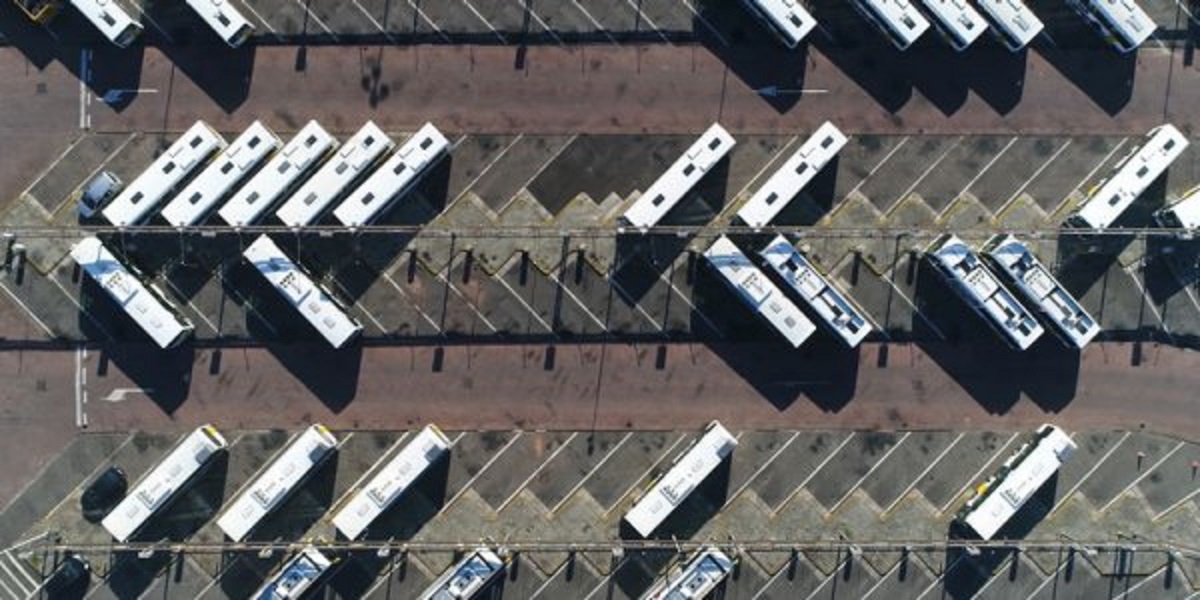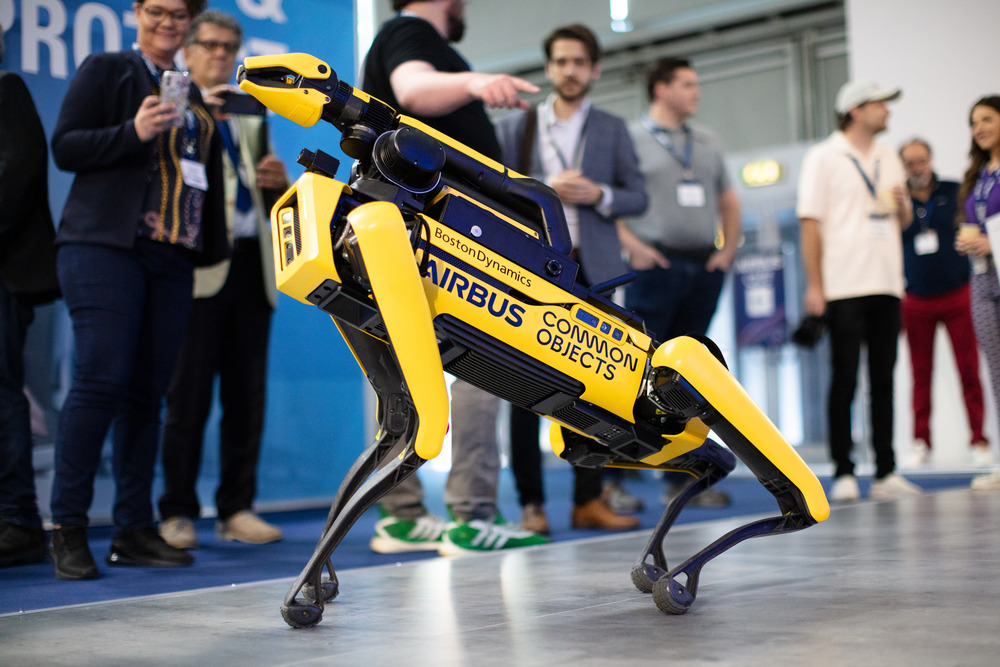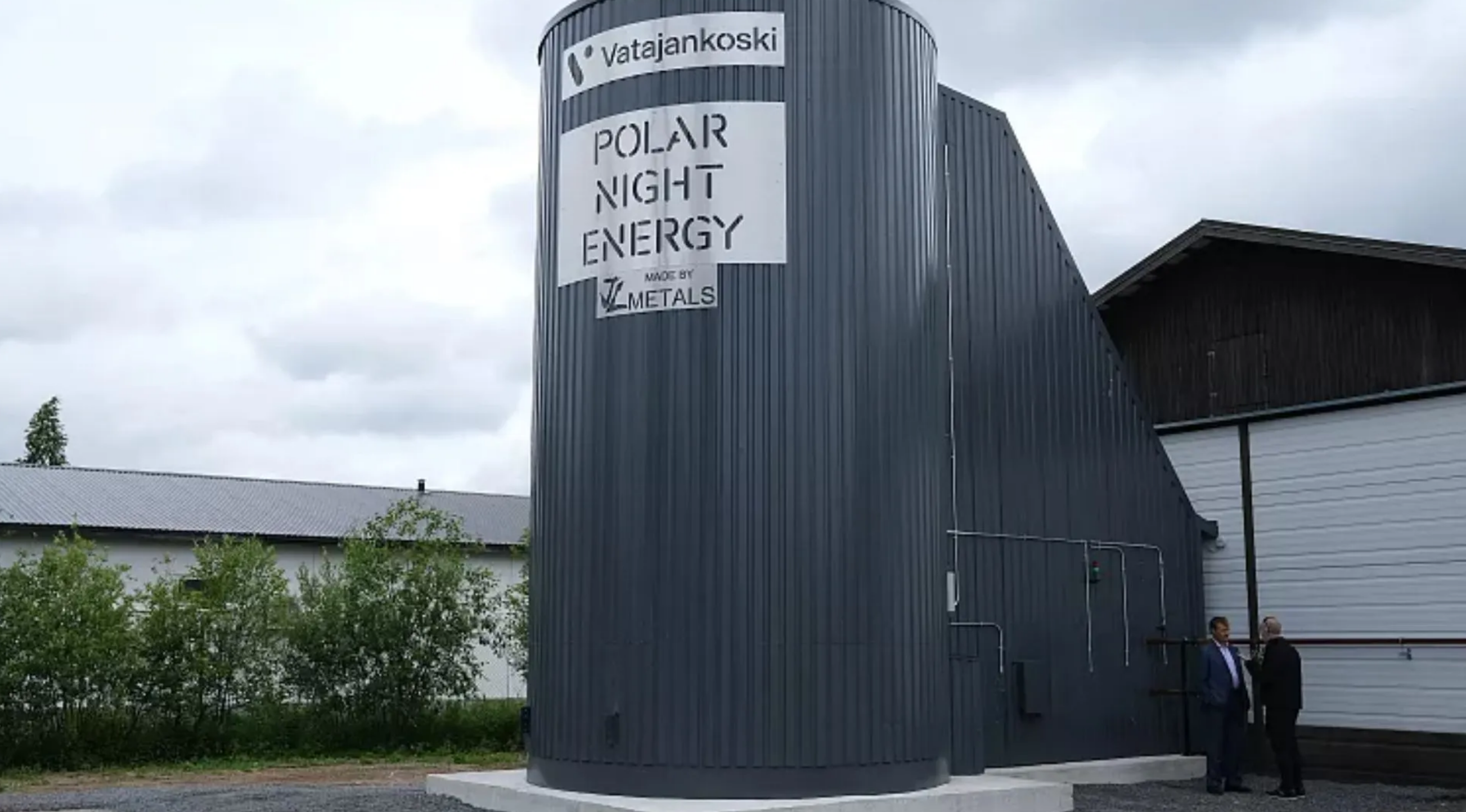Although the use of electric cars is getting more common, and strategically placed charging points are alleviating peoples’ range anxiety, owners of large fleets of professional EVs are still trying to figure out an optimal solution for their needs.
Right now, everyone is taking their own approach, and none of them is holistic or comprehensive. A typical example of professional fleets that are on the rise right now is that of municipal eBuses, which are expected to cover 80% of all bus fleets by 2040.
It is obvious that the infrastructure will need to keep up with the rapid changes in the field, and existing solutions are not that efficient to build upon their optimization. Currently, fleet managers connect their charging stations to the AC grid, having to use converters, maintain them, and also deal with energy losses along the way. This is expensive, requires spacious areas, and if you need to relocate the charging depot, you’re pretty much doomed.
Hitachi ABB Power Grids launched the “Grid-eMotion”, aiming to serve large scale e-mobility with a next-gen charging system. The new solution comes in standard-sized containers that integrate the power grid connection while simplifying things through the use of DC technology. This means better power efficiency, easier scaling up or down, and much higher versatility since you can just move the containers anywhere they’re needed. In terms of space saved, that would be approximately 60% for large-scale fleet charging, and 40% in depot cabling.
Once set up according to the energy demands, the “emeshTM” smart energy management solution of Hitachi ABB Power Grids will take care of regulating the energy as it flows around, monitor battery life and health status, route data, and will even conduct traffic control in the depot to maximize overnight charging efficiency. Finally, since the batteries are stored inside containers and the number of cables and supporting auxiliary equipment is smaller, weather conditions and the associated wear and tear becomes less of an issue.







